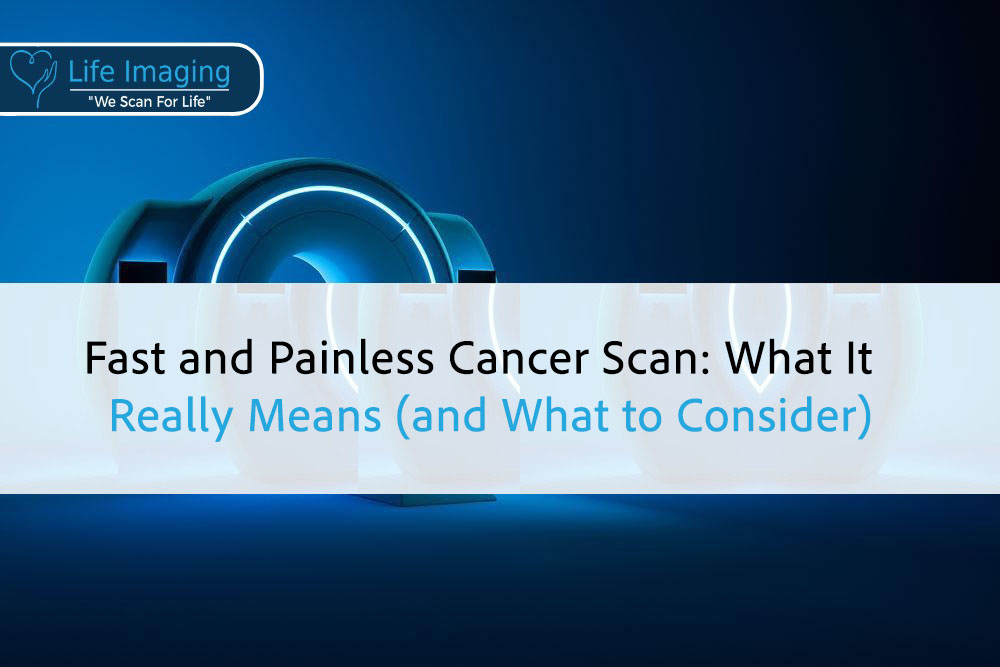
Fast and Painless Cancer Scan: What It Really Means (and What to Consider)
Fast and Painless Cancer Scan: What It Really Means (and
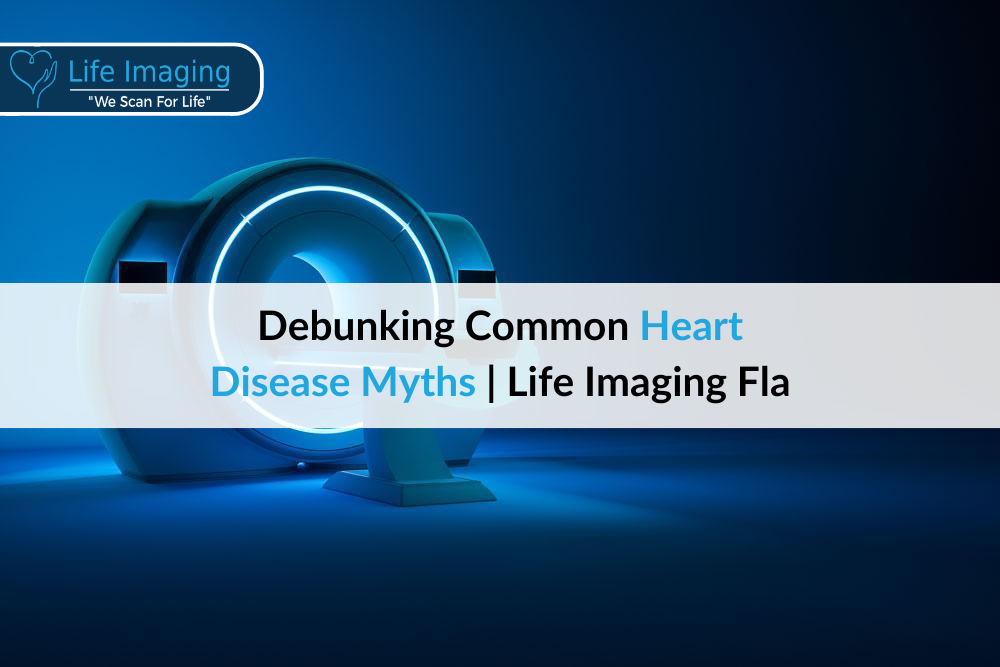
Heart disease remains one of the leading causes of death worldwide, yet numerous misconceptions about it persist. These myths can not only mislead individuals but also deter them from seeking appropriate medical care or adopting healthier lifestyle choices. We believe in empowering our clients with accurate information and advanced diagnostic tools to combat heart disease effectively.
We aim to debunk some of the most common myths associated with heart disease, shedding light on what the facts truly are. From misunderstandings about who is at risk to misconceptions about how heart disease can be prevented or treated, it’s crucial to know the truth. By clarifying these myths, we can encourage a more proactive approach to heart health, emphasizing the importance of early detection through advanced imaging technologies.
Join us as we explore these myths, backed by scientific evidence and expert insights, to foster a better understanding of heart disease. This understanding is not only key to dismantling fears but also essential for taking informed steps towards maintaining heart health.
At Life Imaging Fla, we are committed to providing the resources and care necessary to guide you on your journey to a healthier heart. Let’s dive into these myths and reveal the reality of heart disease, one fact at a time!
One common misconception is that heart disease is primarily a concern for older individuals. While it’s true that the risk of heart disease increases with age, this condition does not exclusively affect the elderly.
According to the Centers for Disease Control and Prevention (CDC), heart disease can impact people at any age, and factors such as lifestyle, diet, and genetics play significant roles. Young adults, especially those who smoke, have a sedentary lifestyle, or are obese, are also at risk. The key takeaway is that everyone should be mindful of their heart health, regardless of age.
Addressing Risks Early On
Practicing heart-healthy habits from a young age can lay a strong foundation for cardiovascular health. This includes eating a balanced diet, staying active, and managing stress. Routine checks, like blood pressure and cholesterol levels, can also help catch potential issues early, when they are often easier to manage.
Another myth is that heart disease is always accompanied by clear, unmistakable symptoms, such as chest pain. While chest pain is a significant indicator, heart disease can sometimes progress quietly and without obvious symptoms. This is often referred to as a “silent” condition. Some individuals may not experience any symptoms at all until they face a severe complication, like a heart attack.
Recognizing Subtle Signs
Other less dramatic signs such as shortness of breath, fatigue, irregular heartbeats, or even indigestion can also suggest heart problems. It’s crucial to pay attention to these subtler symptoms and discuss them with a healthcare professional. Early imaging and diagnostic tests can help identify issues before they lead to more severe health events.
The belief that individuals with heart disease should avoid all forms of physical activity is another myth that needs debunking. On the contrary, regular, moderate exercise is often part of a heart disease management plan and can be beneficial to heart health, as recommended by healthcare professionals.
Benefits of Appropriate Activity
Exercise can help strengthen the heart and improve circulation. It also aids in maintaining a healthy weight and reducing cholesterol and blood pressure levels, all of which are beneficial for heart health. However, it’s important for individuals with heart issues to consult with their healthcare providers to tailor a safe and effective exercise plan.
This myth can lead to unnecessarily restrictive diets that may not be beneficial for heart health. Not all fats are bad. In fact, certain types of fats, such as monounsaturated and polyunsaturated fats found in avocados, nuts, and olive oil, are good for heart health.
Incorporating Healthy Fats
These healthy fats can help reduce bad cholesterol levels and provide nutrients that help maintain healthy cells. Incorporating a balance of these fats into your diet, rather than cutting out fat entirely, is a more effective approach to supporting heart health.
A widespread misconception is that if heart disease is prevalent in your family, you are doomed to face the same fate. While genetics indeed play a crucial role in heart health, they aren’t the sole determinant. Even those with a family history of heart disease can substantially reduce their risk through lifestyle adjustments.
Taking Control with Lifestyle Changes
Maintaining a healthy diet, engaging in regular physical activity, avoiding smoking, and managing stress are key steps that can mitigate genetic risks. Regular screenings are also vital, as they can detect problems early when they are more manageable. Empowerment through proactive health management is central to battling genetic predispositions.
Many people believe that a diagnosis of heart disease demands an immediate and dramatic overhaul of one’s way of life. Although significant changes may be necessary for some, most people with heart disease can still enjoy life by making modest, manageable adjustments.
Gradual Adjustments for Better Health
Incremental changes, like improving diet, increasing physical activity moderately, and medically supervised weight management, can all contribute positively. It’s all about finding a sustainable path that enhances heart health without diminishing one’s quality of life.
There’s a persistent myth that heart disease is primarily a male issue. However, heart disease is the leading cause of death for women in the United States, as well as men. Women may experience symptoms differently than men, which can sometimes lead to delays in seeking treatment.
Understanding Symptoms Among Women
For women, symptoms can be more subtle than the often-cited chest pain. Shortness of breath, nausea, and extreme fatigue can be warning signs that women need to take seriously. Awareness and education regarding gender-specific symptoms can improve early detection and treatment outcomes.
The idea that popping a few pills can cure or prevent heart disease is misleading. While some supplements can support heart health to an extent, they cannot replace a healthy diet, physical activity, and a doctor’s care.
Heart Health Beyond Supplements
It’s essential to focus on a diet rich in fruits, vegetables, lean proteins, and whole grains, which provide natural vitamins and minerals beneficial for heart health. Always consult with a healthcare provider before starting any new supplement, especially if you have existing health concerns.
It’s easy to think that if your cholesterol numbers look good, you’re in the clear when it comes to heart disease. However, heart health is influenced by more than just cholesterol levels. High blood pressure, smoking, diabetes, and inflammation can also elevate your risk, regardless of cholesterol.
Look Beyond Cholesterol
Monitoring your blood pressure, keeping a check on blood sugar levels, and avoiding cigarettes are all essential steps for maintaining heart health. It’s important to consider these factors in your overall health checkups.
Many people resign themselves to the idea that heart disease is inevitable, especially if family history is involved. This couldn’t be further from the truth. There are numerous steps you can take to significantly decrease your heart disease risk.
Prevention Through Lifestyle Choices
Choosing a diet rich in fruits, vegetables, lean meats, and whole grains, and regularly exercising can drastically reduce your risk. Limiting alcohol, stopping smoking, and maintaining a healthy weight are also crucial strategies in preventing heart disease.
Ignoring regular health screenings because you feel okay is a dangerous myth. Heart disease is sometimes termed a silent killer because it can develop without any symptoms. Regular check-ups can catch signs of heart health issues before they become severe.
The Importance of Heart Screenings
Getting your heart checked even when you feel fine can identify risk factors or diseases in their early stages. Regular monitoring of blood pressure, cholesterol levels, and heart imaging tests are beneficial practices that help maintain good heart health.
The term “heart failure” often leads to the misunderstanding that the heart completely stops functioning. In reality, heart failure means that the heart isn’t pumping blood as well as it should be. It’s a serious condition, but it doesn’t mean the heart has stopped.
Understanding Heart Failure
With heart failure, the heart still works, but it’s less efficient at circulating blood. Treatment can often help manage symptoms and improve quality of life. It’s key to follow medical advice to manage this condition effectively.
Take Charge of Your Heart Health with Life Imaging Fla
In this journey of busting myths about heart disease, it’s clear that knowledge is not just power—it’s prevention. Understanding the full spectrum of factors that influence heart health, beyond just cholesterol levels or age, can guide you towards healthier lifestyle choices and more effective management of your heart health.
At Life Imaging Fla, we are deeply committed to empowering you with the most innovative and accurate early detection technologies. Our services are designed to identify risks even before symptoms manifest, offering you a chance for timely intervention and peace of mind. By debunking these common myths, we hope to encourage you towards proactive heart care and regular screenings.
Remember, the path to a healthier heart is a continuous journey, and you’re not on it alone. Let our imaging center in Miami, FL, help guide you with top-tier imaging and expert care, tailored to your personal health needs. Contact us and discover how our dedicated services can assist in enhancing your cardiac well-being.
Don’t wait for symptoms to tell you about the condition of your heart. Schedule your heart screening today and stay one step ahead in the battle against heart disease. Act now for your heart’s sake—it’s the only one you’ve got!

Fast and Painless Cancer Scan: What It Really Means (and
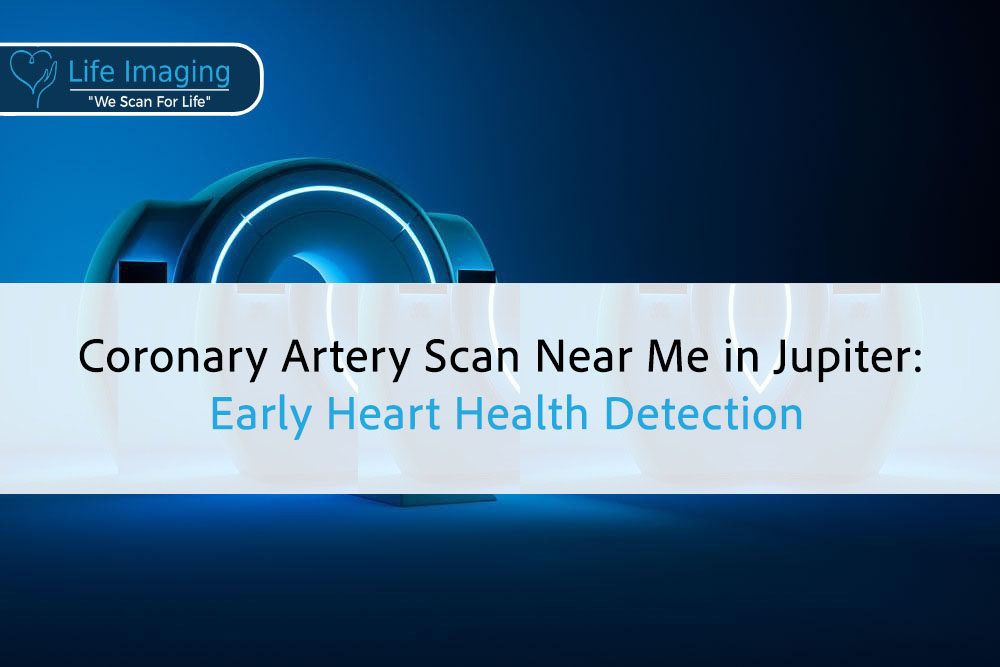
Introduction Your heart works hard every second of the day,
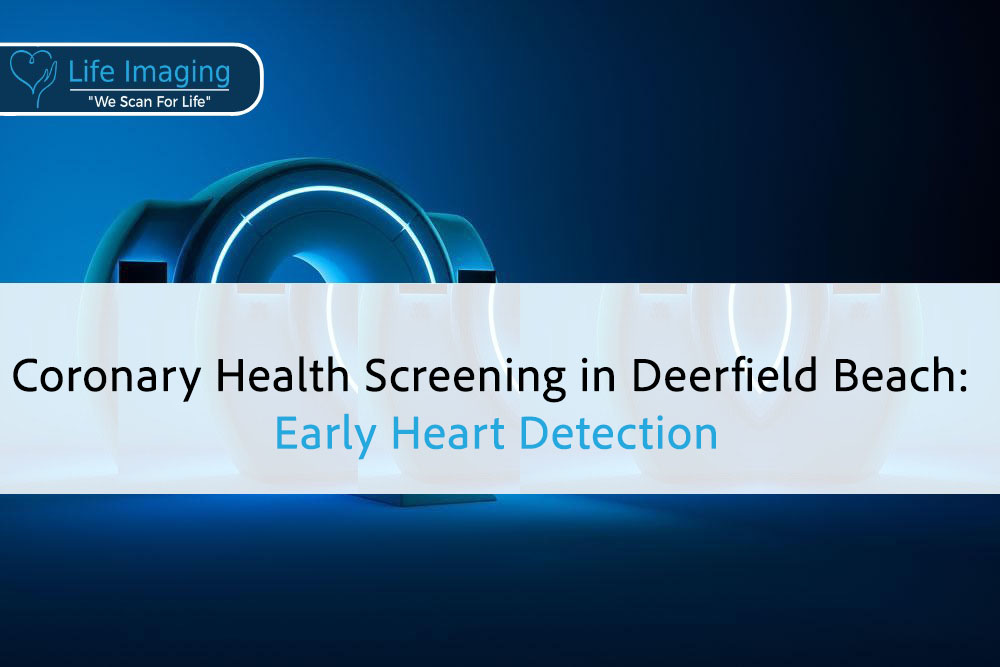
Introduction Your heart works around the clock, but changes inside

Introduction Your heart works nonstop, often without a single complaint.
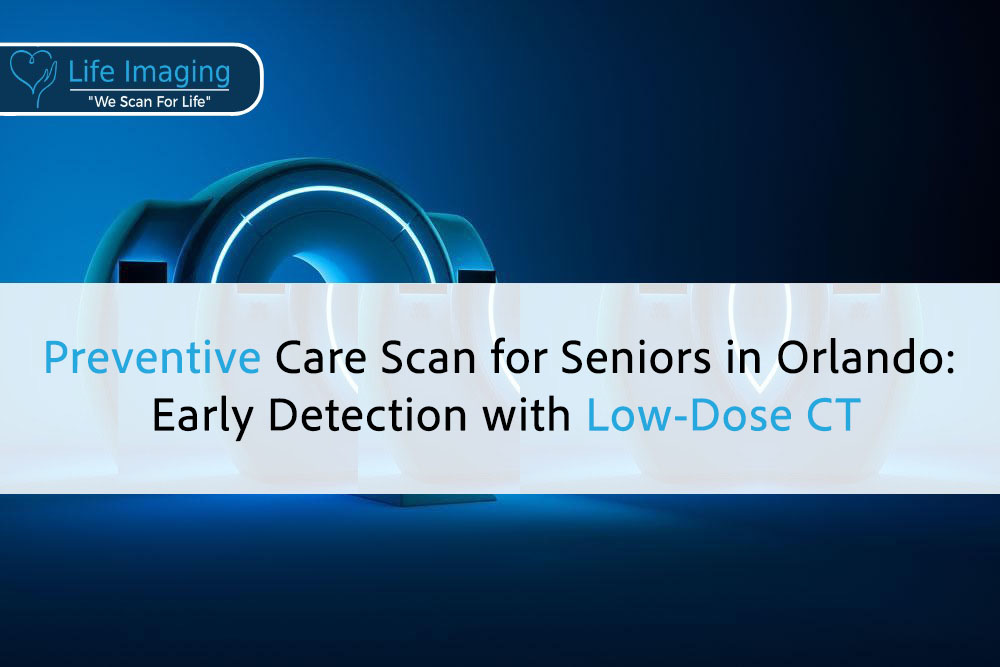
Introduction The best part of getting older is having time
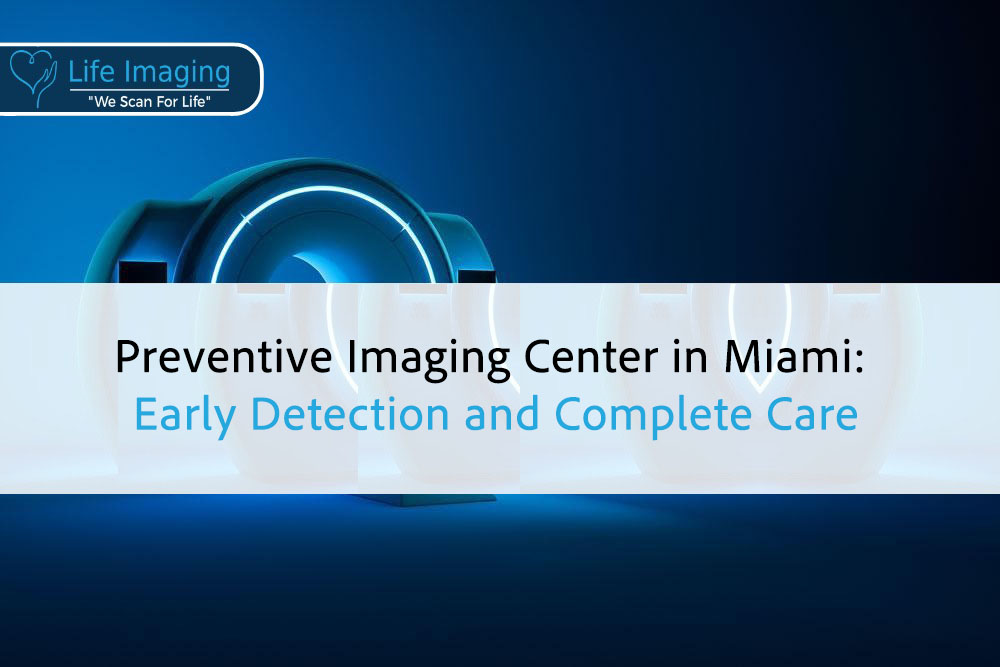
Introduction Good health isn’t just about treating problems, it’s about

* Get your free heart scan by confirming a few minimum requirements.
Our team will verify that you qualify before your scan is booked.
Copyright © 2025 Life Imaging – All Rights Reserved